 |
| Prime Minister Pham Minh Chinh received Malaysian Ambassador to Vietnam Dato' Tan Yang Thai at the Government Office, April 7, 2023. (Source: VGP) |
After World War II, newly independent nations in the region struggled with colonial divisions, creating political and economic boundaries that made regional relations and cooperation difficult.
In the face of such challenges, the five founding members - Indonesia, Malaysia, Philippines, Singapore and Thailand were able to overcome them and establish ASEAN on 8 August 1967 in Bangkok, Thailand. Subsequently, ASEAN welcomed Brunei Darussalam in 1984, Vietnam in 1995, Laos and Myanmar in 1997 and Cambodia in 1999. ASEAN looks forward to welcoming Timor Leste as the newest member of the ASEAN family soon.
Thus, by bringing together countries in the region, ASEAN has been able to promote regional stability, creating a framework for dialogue and cooperation on political-security, economic and socio-cultural issues among member countries.
I believe that one of the important achievements of ASEAN is to promote stability, regional economic integration, foster a common identity, facilitate cooperation to respond to challenges, enhance global influence, enhance resilience and promote development. The ability to unite its members under common goals and principles of ASEAN has contributed significantly to the harmony and progress of the region.
The ASEAN Community Vision 2024 (ACV 2045) comprises five key elements, namely the ASEAN Political-Security Community (APSC), ASEAN Economic Community (AEC), ASEAN Socio-Cultural Community (ASCC), ASEAN Connectivity and Institutional Strengthening. The draft ACV 2045 and these strategic plans will be adopted by the ASEAN leaders during Malaysia’s ASEAN Chairmanship 2025. During its ASEAN Chairmanship 2025, Malaysia will remain committed to continuing discussions towards the implementation and adoption of ACV 2045, the strategic plans of the respective community pillars and ASEAN Connectivity.
Malaysia continues to play an active role in encouraging ASEAN member states to focus on core priorities that will enable ASEAN not only to respond flexibly to challenges in the coming years but also to be proactive in creating an environment that promotes ASEAN centrality in important regional and global issues.
2025 will be an important year for ASEAN, marking a decade since the formal establishment of the ASEAN Community. In addition, ASEAN will adopt the ASEAN Community Vision 2045, which sets out the Association’s long-term strategic direction for the next 20 years.
As ASEAN Chair in 2025, Malaysia will place greater emphasis on the people of the region – the heart of the Community. This focus is in line with the region’s identity and aspirations, towards the realisation of a truly people-centred Community.
Malaysia will continue to advocate for the upholding of the principles of the United Nations, the ASEAN Charter and international law, as well as encourage ASEAN to strengthen its commitment to intra-regional trade and investment. At the same time, Malaysia will encourage ASEAN to capitalize on the positive aspects of digitalization and artificial intelligence (AI). Malaysia’s ASEAN Community building efforts will also emphasize sustainable regional integration towards ensuring social and economic equity.
2025 also marks 30 years since Vietnam joined ASEAN in 1995. Since then, Vietnam has undergone a major transformation in its economic development, successfully transforming the country from one of the world’s least developed countries to a middle-income economy in just one generation. Vietnam now aims to become a high-income country by 2045.
In the international arena, Vietnam has established its position as a country capable of promoting close bilateral relations with important partners, a responsible and active participant in multilateral forums, and supporting important principles of the United Nations Charter and international law.
By skillfully implementing a foreign policy imbued with the diplomatic identity of “Vietnam’s bamboo tree”, Vietnam has become an important and responsible member of ASEAN, actively contributing to the development and consolidation of the “common home” of ASEAN.
Vietnam's contributions to ASEAN span many areas, including regional stability, economic integration, sustainable development, cultural exchange, strengthening ASEAN's central role, etc. Vietnam's active participation and commitment have effectively strengthened ASEAN's cohesion, supported ASEAN's goals and enhanced regional cooperation.
Source







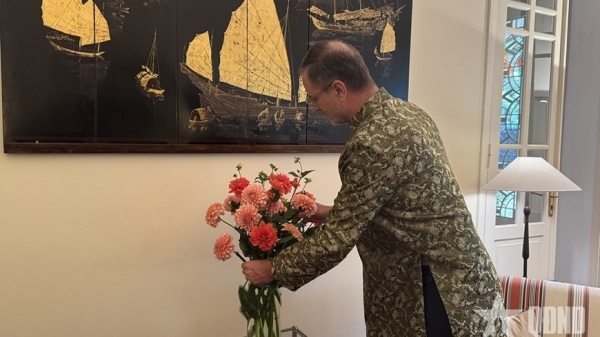
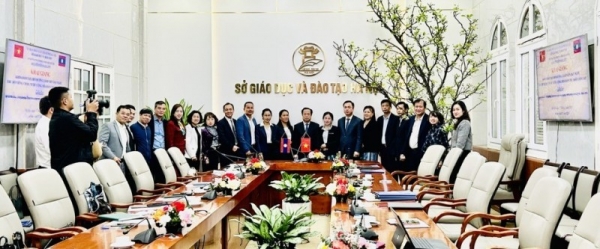

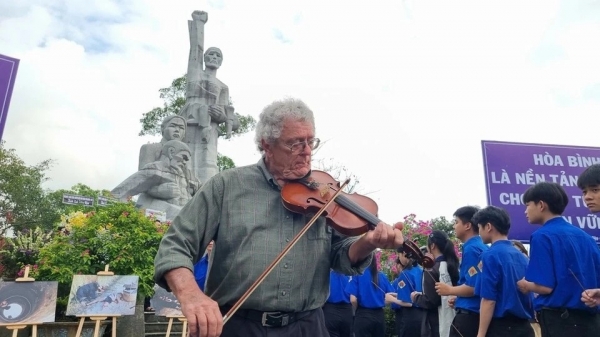

![[Video] Vietnam - UK relations through New Year greetings from diplomats](https://vrviet.vn/vietnam/resource/IMAGE/2025/3/18/5e8f81a959394c799e74008ddf1e24d7)
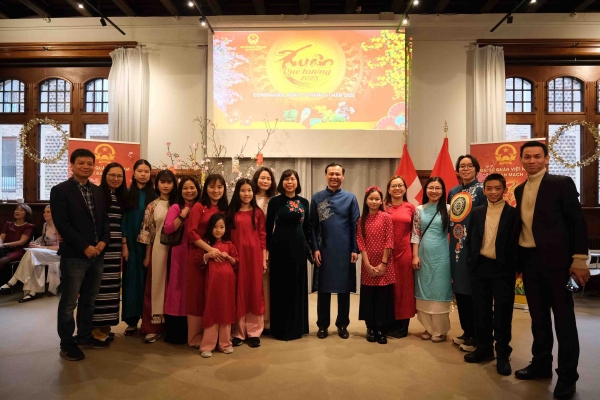

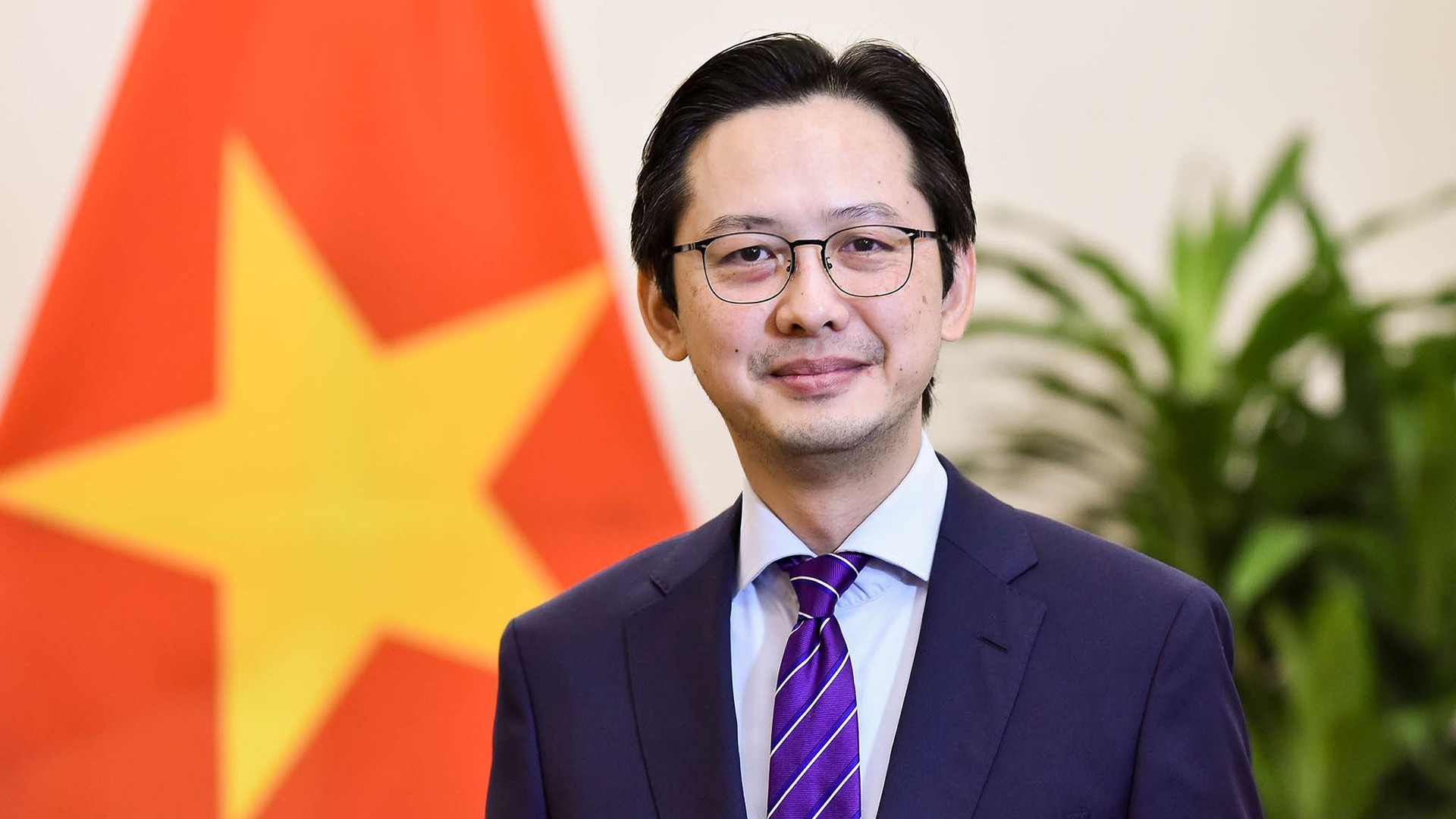


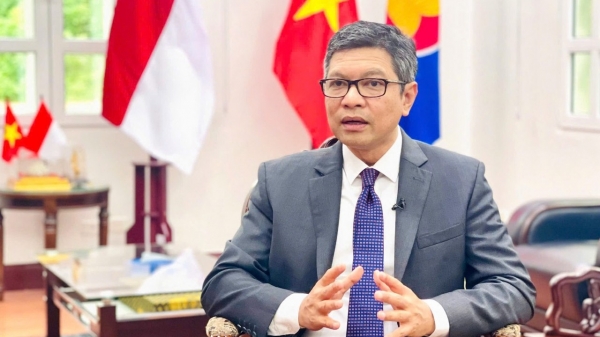










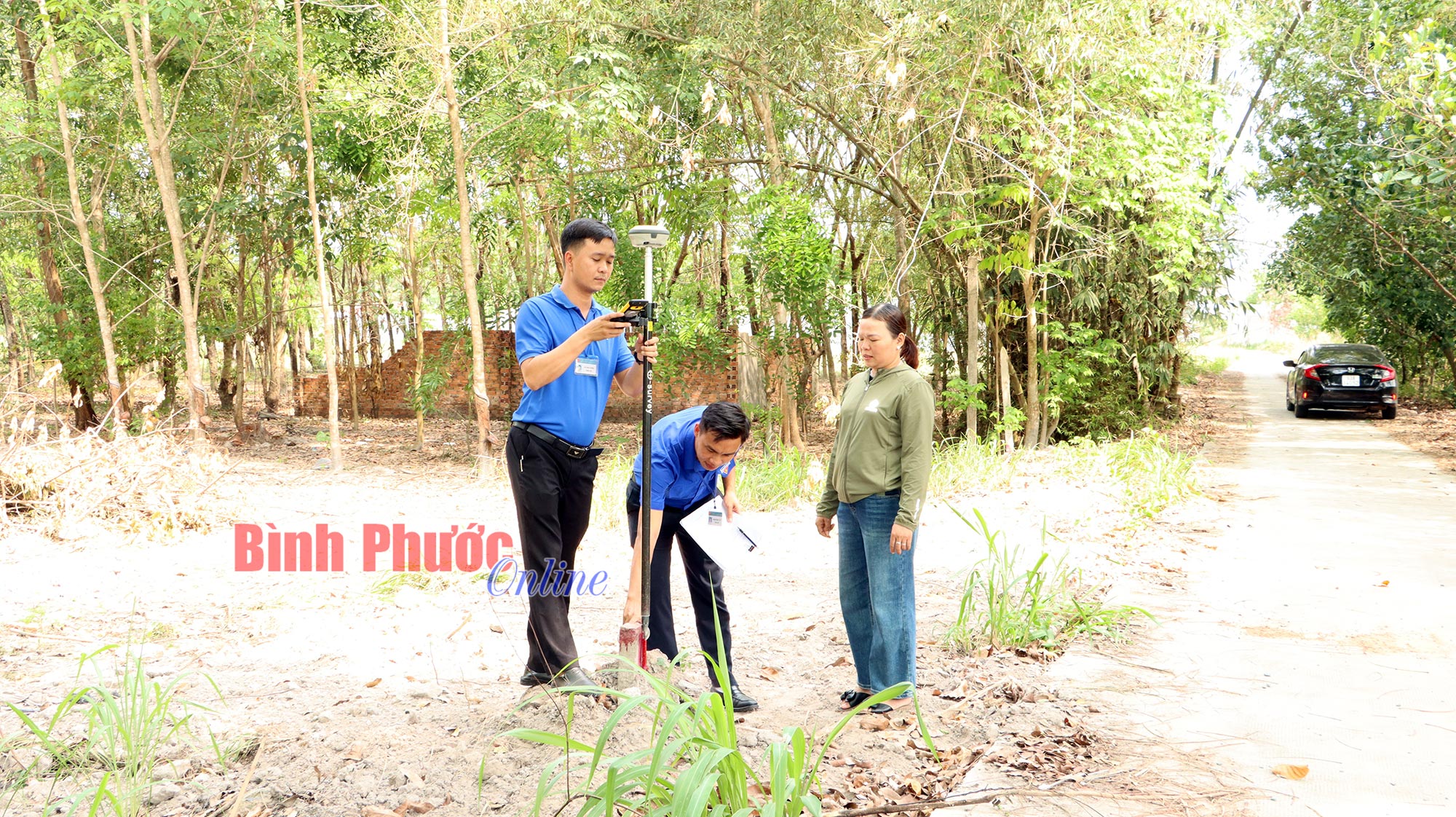
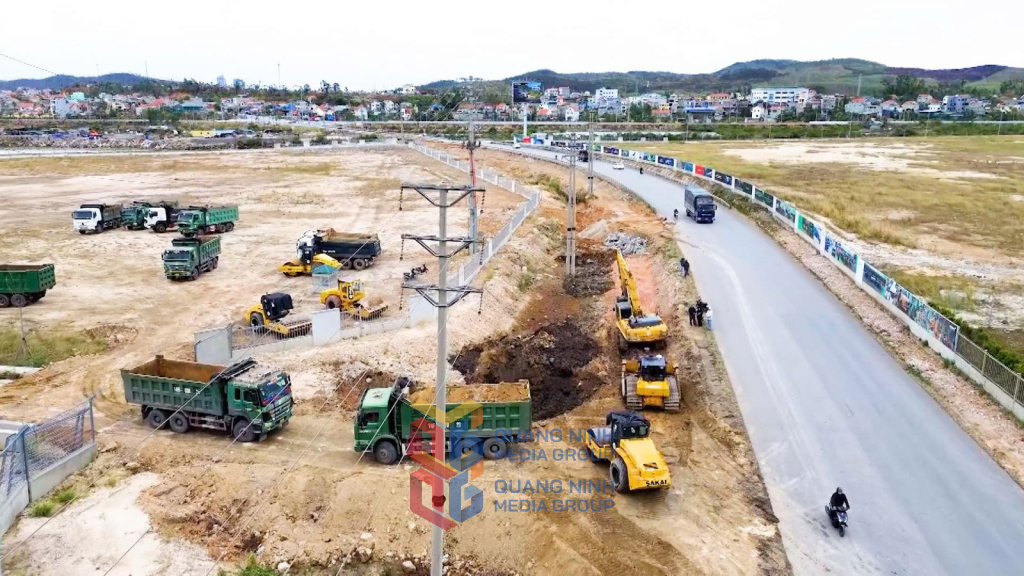

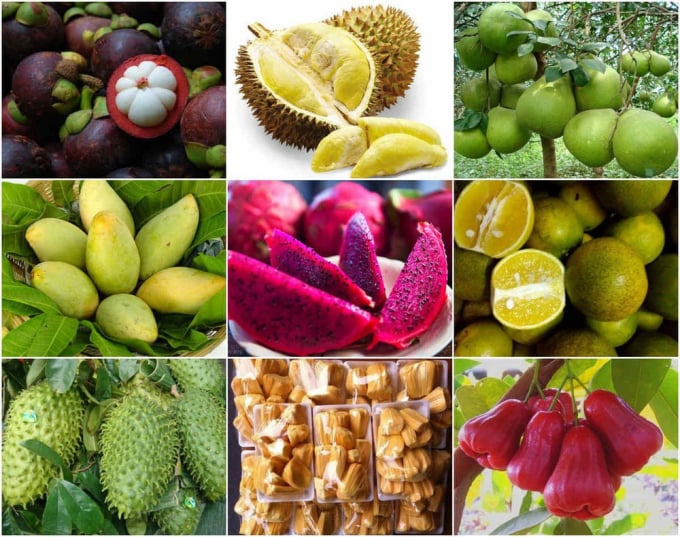

Comment (0)